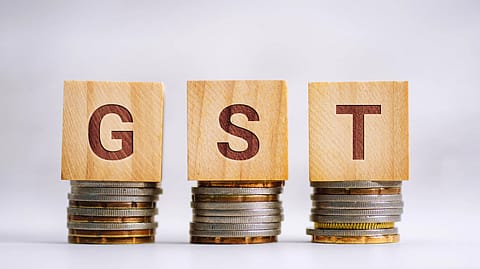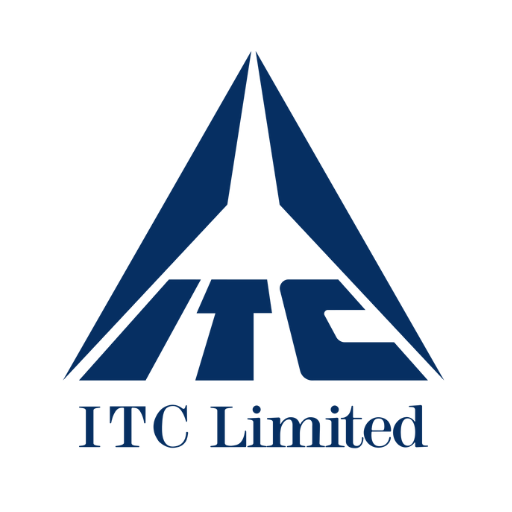Industry leaders welcome GST rate cut, expect boost for MSMEs and healthcare
ITC Chairman Sanjiv Puri and Apollo Hospitals MD Suneeta Reddy highlight the reforms' potential to enhance affordability, spur investment, and improve healthcare access.

Industry leaders from different sectors, including FMCG and healthcare, have praised the GST Council's decision to rationalise GST slab rates.
"Maruti Suzuki congratulates and thanks the Prime Minister, Finance Minister and the GST council for the decisions taken to restructure the GST system. This is a major reform that will give a boost to the entire economy and take the country closer to its goal of a Viksit Bharat. This reform is another step that would empower the people to shape their future themselves. The last budget put a substantial amount of money into their pockets. Borrowing rates have come down due to inflation control and financial prudence. The new GST system will make many items of daily use more affordable. The people will have more purchasing power and that would stimulate more demand and production. The speed of decision making and implementation is also admirable. The automotive industry would be a direct beneficiary of faster economic development. In particular, Maruti Suzuki is grateful for small cars being placed in the 18% GST basket. The 10% lower tax will stimulate a flagging market, and many more people will be able to buy safer and more comfortable means of mobility. The growth of the car industry in general will also benefit from the GST system and we expect the industry growth rate to come back to about 7% a year. Manufacturing growth and employment will both benefit," said R C Bhargava, Chairman, Maruti Suzuki India Ltd.
Welcoming the decision, Sanjiv Puri, Chairman and MD, ITC Ltd., said that GST rate rationalisation measures will benefit MSMEs and farmers of the economy. Puri stated that the reforms will lay the groundwork to a ‘transformative, bold, and comprehensive next-generation GST architecture.’
“The Next-Gen structural reforms will undoubtedly benefit MSMEs and farmers who form the backbone of the economy. I am sure the progressive reforms announced by the Government will power many more opportunities in the economy and lead to enhanced investments over time,” Puri said in a statement.
Puri called the reforms ‘holistic,’ having an all-pervading impact across all sectors, set to simplifying, making the entire indirect tax system more transparent, and improving ease of doing business for the smaller enterprises.
“The GST rate rationalisation across various sectors will bring relief to consumers through enhanced affordability and will, in addition to spurring consumption, drive investment and growth in the economy, leading to employment generation,” Puri said, adding that the reforms are set to lead to formalisation of the economy.
Meanwhile, commenting on the reforms, Suneeta Reddy, Managing Director, Apollo Hospitals, said that these will make healthcare more accessible and affordable for all citizens.
Recommended Stories
“The reduction in GST rates of life-saving and other drugs, and the standardisation of GST for consumables are very positive steps both for the patient and for the sector. India’s aspiration for more health infrastructure will be well-served with the reduction in GST for construction inputs like cement, fly ash bricks, marble and granite,” Reddy added.
For Reddy, the reforms are set to be the key to the gates of high-quality healthcare in India, with a possibility to serve more citizens given the latter’s ability to ‘purchase health insurance’ will only improve. This will further allow insurers to serve a larger pool of those subscribing for insurances.
Echoing Reddy’s views, Sanjaya Mariwala, Executive Chairman and Managing Director of OmniActive Health Technologies, added that these reforms will reduce instances of delayed treatments across Indian households.
“Easing the tax burden on critical health commodities such as diagnostic kits, thermometers, corrective eyewear, and glucose test strips; it brings in easier reach for households the tools for early detection and wellness,” Mariwala said.
(INR CR)
“For businesses, especially the ones engaged in healthcare services and manufacturing, the reform creates an affordability-demand-innovation cycle. Eased taxes also place smaller businesses in a better position to expand, invest, and employ,” he added.
For him, the reforms will not just put individual healthcare on top but, also prompt more businesses to venture into healthcare creating a ‘synergy between health and economic progress.’


